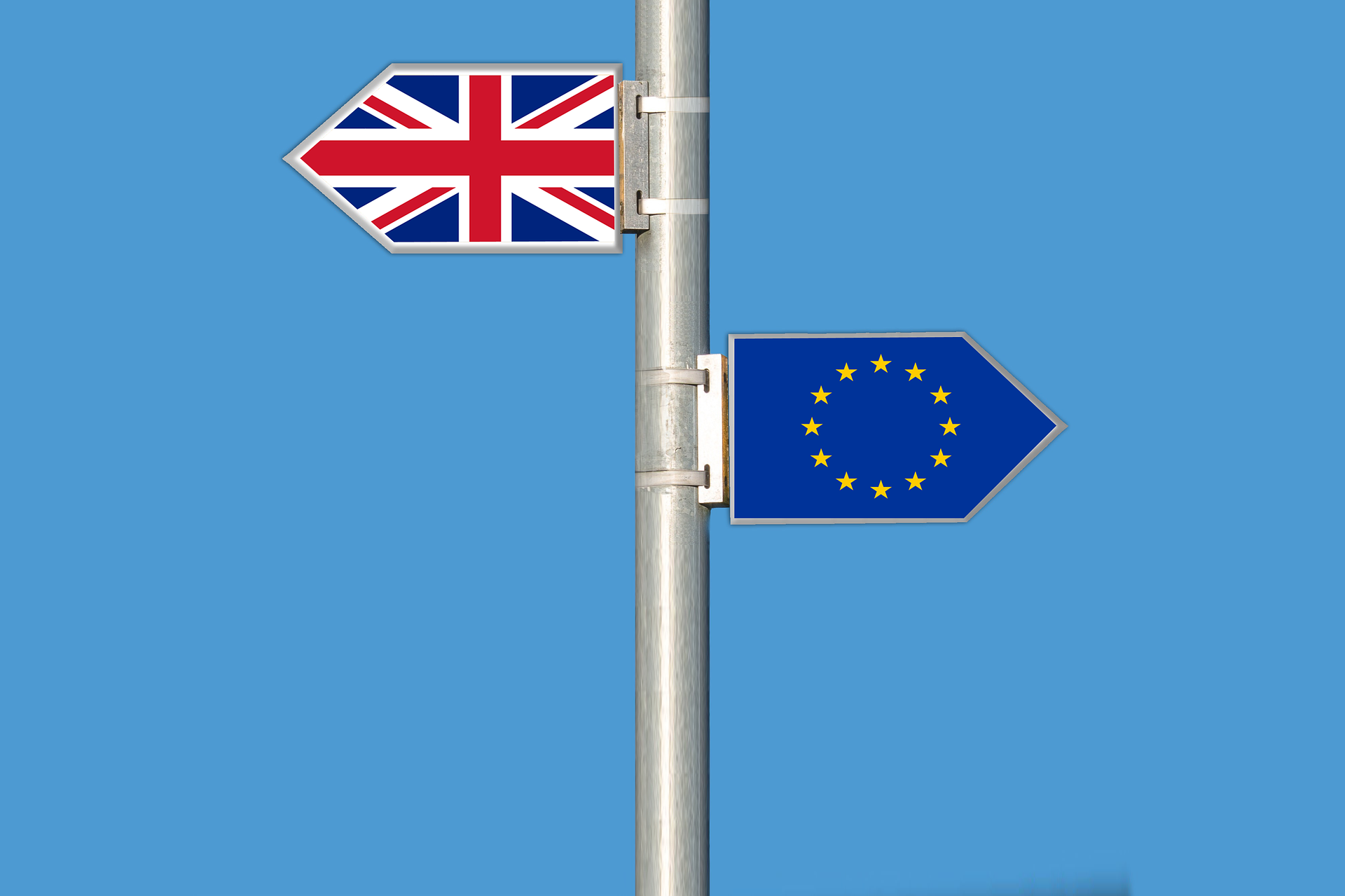So many headlines containing the words “No Deal on Brexit” have dropped into my inbox over the past few weeks that I wonder if there is anything else happening in the world!
There must have been thousands of column inches of newspaper space wasted on the speculation of what might happen if there’s no deal and how the UK will drop off a cliff edge in March 2019 when the very worst happens.
I use the words “column inches wasted” deliberately because that’s exactly what is happening with that idea.
Take it from me … There Will Be a Brexit Deal. It will not suit everyone and it will come through on the last minute of the last day of negotiations.
How can I be so sure? Well, just look back at the history of EU negotiations, particularly on Common Agriculture Policy Reforms, which have all (without exception) run through into late night sittings behind closed doors. Following hours of protracted talks, EU Commissioners have emerged into the early morning mists to break the news of a settlement to the diehard members of the press who have stayed the distance!
So, why do the EU and particularly the Agricultural Ministers reach settlements in this way? The answer has to be that there is virtually nothing “common” about the Common Agriculture Policy (CAP). We have no less than 28 member states in the EU and to try and get agreement on anything is always going to be like pushing water uphill! When it comes to agriculture, the EU Member States have such a diverse range of climates, land types and methods of farming that there can never be anything really common in the policy.
Let’s look at the two simple facts that point to an odds-on Brexit deal …
- Michel Barnier, the EU chief negotiator has stated that he wants a deal. Why? … because the EU needs to carry on trading on good terms with the UK. We currently contribute more to the EU coffers than we take out and the remaining 27 countries will want to try and keep some of that cash in any way they can.
- David Davies, The UK Brexit Secretary has stated that he also wants a deal for trade, financial services and the ability to retain the very good migrant workforce (particularly important for farmers). The UK will need to keep trading with EU countries long after Brexit day to ensure stability of our own economy.
Therefore – if we have two willing and determined negotiators who are looking for a deal which works on both sides – why should there be no deal?
Theresa May has repeatedly stated that “no deal is better than a bad deal”, but for this read – “there will be some kind of reasonable deal”.
Earlier, I said that the final deal will not suit everyone and that has to be the case if we are trying to get 27 other countries to agree with us on everything from agriculture to immigration. That is why the negotiations will go down to the wire and will require everyone in the room to keep their nerves under control as the political horse trading runs to 11:59 on 29th March 2019.
Of course, in any divorce there has to be a financial settlement and right now that figure is up for negotiation and true to form, there will be a mid-point which both sides reluctantly agree on. Of course any divorce is a messy business, but this one – after 43 years of marriage to the EU which has grown during our time in bed together from 9 countries to 28 – is at best going to be a tortuous process when you consider that we didn’t “marry” 19 of those of those countries in 1973!
But hold on, Theresa May announced an agreement to have a two year “transition period” to smooth the way after Brexit … Do you need any further confirmation of a deal?
So, the question isn’t “Deal or No Deal” … But “What Sort of Deal?” (Apologies to Noel Edmunds for stealing his title, but the stakes in this game are a wee bit higher!)
In the meantime what farmers want is certainty, so they can plan for the future.
However, the only certain thing I would bet on before March 2019 is 17 months of uncertainty!
This column first appeared in The SPP Group of Newspapers on 3rd November 2017.
